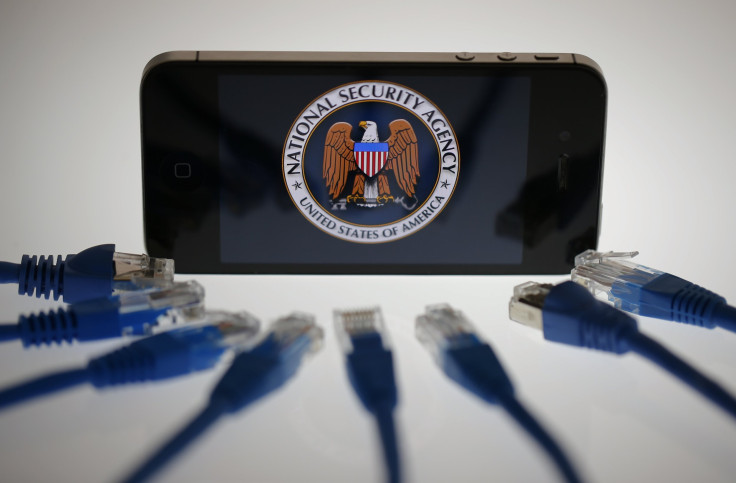NSA FISA Surveillance: Did We Learn Anything From Admin’s White Paper On Phone Data Program?

In line with U.S. President Barack Obama’s pledge to bring more transparency to the government’s surveillance programs, the administration on Friday released a white paper meant to explain the legal rationale for the bulk phone-records collection revealed by former National Security Agency contractor Edward Snowden. Critics argue it is an illegal program.
But the paper may be more of a symbolic gesture than a real insight into the government’s legal argument, which has been pieced together in part by media reports even though the court opinions legalizing the program remain classified. As civil-liberties and privacy advocates began to pore over the white paper, hosted by the Washington Post and others, they began to voice their frustration that the document provided little new information about the controversial program.
Jameel Jaffer, the deputy legal director of the American Civil Liberties Union who has appeared before numerous congressional hearings since Snowden’s leaks, felt the white paper mainly repeated what is already known about the program -- a sentiment expressed through the Twitter feeds of many other privacy advocates.
The 215 white paper is largely a rehash or prior admin statements. Certainly no substitute for OLC memos or FISA court opinions.
- Jameel Jaffer (@JameelJaffer) August 9, 2013
The 22-page paper was released at the same time that the president used a news conference to announce four ways the administration would work to improve transparency and regain the public’s trust in the government’s counterterrorism work. The paper described how the phone records are used. It argued that the program is legal under Section 215 of the USA Patriot Act, the provision the government has said provides the legal basis for the bulk phone-data collection, as well as under the First and Fourth Amendments to the U.S. Constitution. The paper weighed in on the controversial issue of “relevance,” the legal standard set out in Section 215, arguing that the records meet the requirement of being “relevant to an authorized investigation.” If this paper had been released a month ago, it might have been more revealing, but news reports as well as statements by government officials had already laid out enough of the government’s case that Friday’s release brought few new insights.
One part of the government’s argument that had not been made as explicitly beforehand had to do with the prospective nature of the bulk collection orders requiring telecommunications companies such as Verizon Communications Inc. (NYSE:VZ) to produce, on an ongoing basis, data on domestic phone calls and calls made between the U.S. and foreign countries for 90 days. The orders are issued by the Foreign Intelligence Surveillance Court, which oversees the government’s data requests in foreign intelligence investigations.
However, critics of the program argue Section 215 does not allow the government to request information before it exists. This particular line of reasoning in the paper irked privacy expert Julian Sanchez, a research fellow at the libertarian Cato Institute. On Twitter, Sanchez the white paper “maddening” for its attempt to justify ongoing collection orders:
This whitepaper is maddening. If a records order can be prospective & ongoing, what would the point of a pen register be?
— Julian Sanchez (@normative) August 9, 2013
And he tweeted:
I wouldn't have thought it possible, but this interpretation makes US electronic surveillance law even MORE completely incoherent.
— Julian Sanchez (@normative) August 9, 2013
These responses and others were part of a less than celebratory response to Obama’s promises Friday to expand oversight and transparency of the surveillance state and even introduce “constraints” on the phone-records program. Without more details, how far Obama is willing to go remains to be seen.
Amie Stepanovich, an attorney who works on privacy and surveillance cases at the Electronic Privacy Information Center, a privacy watchdog group, tweeted:
Watch Obama lay out his 4 suggested reforms: http://t.co/4jDjPFachJ It's a start, but nowhere near enough
— Amie Stepanovich (@astepanovich) August 9, 2013
And U.S. Sen. Mark Udall, D-Colo., a critic of the NSA’s programs who has been pushing for more transparency, called Friday’s announcements a “first step” in a statement. “But I will keep fighting to ensure it’s not the administration's last in this direction. The administration must do a better job balancing our national security with our constitutional privacy rights,” Udall said.
© Copyright IBTimes 2024. All rights reserved.






















